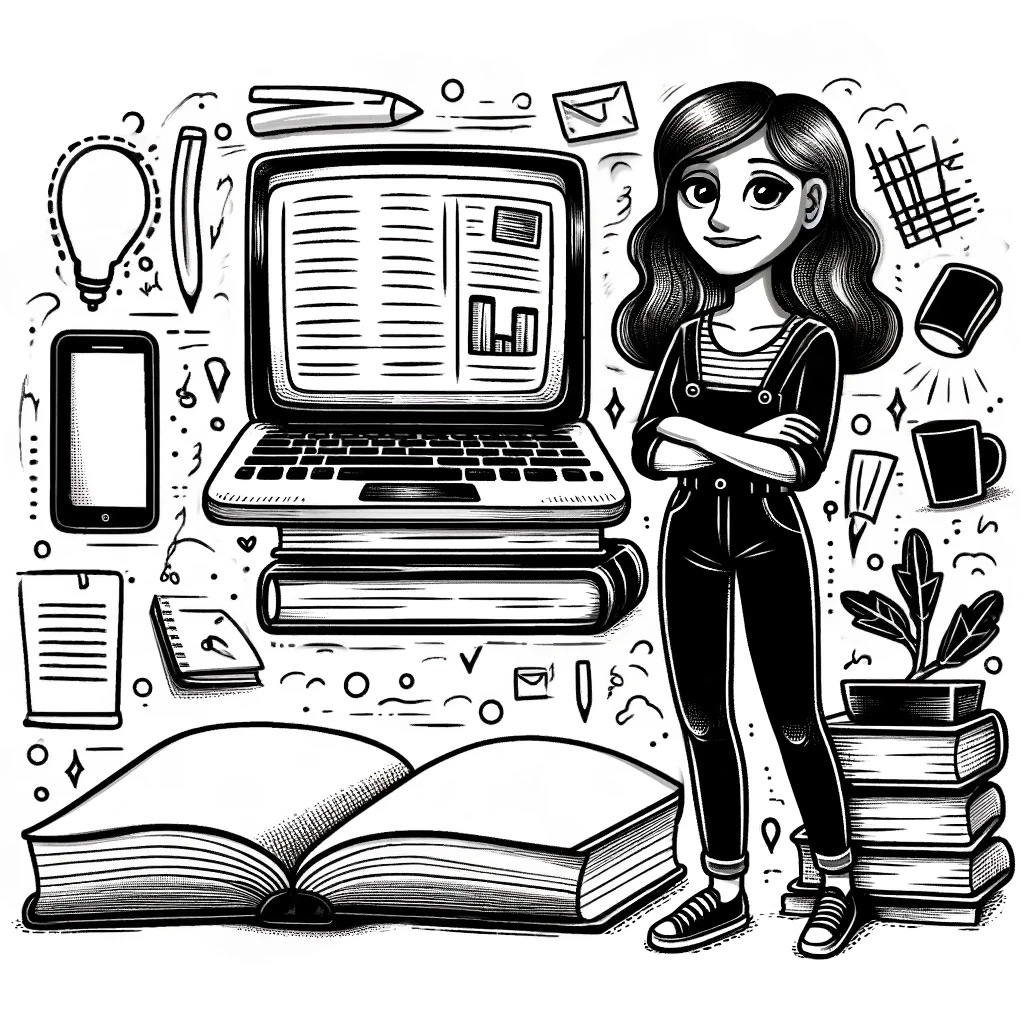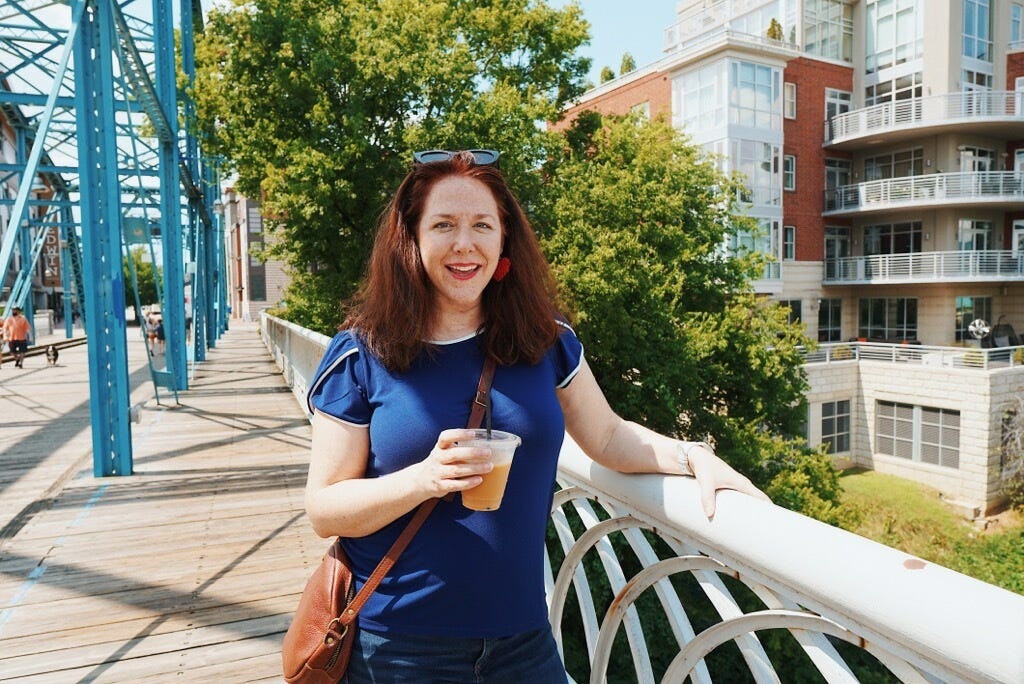Interview Series: Kirsten Nantz (ex-Calendly)
Dina talks to Kirsten about her journey from marketing intern to director of product
I have always been fascinated with the stories of how people get into product management. There's no well-trodden path; just a couple of years ago you couldn’t simply go to school and become a Product Manager. While there are now more courses and educational opportunities that provide an introduction to the world of product management, it's still rare for these to immediately land you a product job.
This week, I had the pleasure of talking to my former colleague, now good friend, Kirsten Nantz, who notably played a key role in scaling Calendly.
How did you get your first product role?
Working in tech wasn’t on my radar or “vision board” for life. When I graduated college, I was largely undecided on my next step. The job market was terrible, the dot com bubble had burst, and I had never heard of “product management.”
Thankfully, my older brother let me live with him while I tried to get my footing and decided to pursue design and UX. I took courses at NYU, and had my brother teaching me HTML/CSS on the side. Whenever I got the chance for someone to teach me a new skill, I would jump on it.
At first I was making a humble $60 a week as a marketing intern at an ad agency in NYC. I tried to soak up everything I could from the design team and even asked for extra projects to practice my web skills. The agency went belly up, but I landed on my feet a few months later as a web designer.
After working for a few years in NY, I wanted more formal training as a designer. I moved to Atlanta to get my Master’s in graphic design at Savannah College of Art and Design. Also I joined a local agency as a creative director, working with many tech startups.
Then in 2014, I got hired as a Product designer at PGi, a global virtual events/web conferencing company. This was the first time I worked with an established product team and with a product manager. It was amazing! Unfortunately, my team’s product was shelved before we even launched.
I was disappointed, but the setback gave me a chance to join a tiny, but new product within the company. My new PM was pulled in a million different directions. To help out, I started jumping into more and more from product discovery, prioritizing the roadmap, talking to marketing and analysts about positioning, and demoing for sales. The product became my baby, and I was eager to learn and do anything I could to help the product win.
Our VP of Product Management, Daniel Graff-Radford took notice one day and pulled me aside to ask me to join his team. “But I’m not a product manager,” I said. And he responded, “But you are. You have the product management mindset.”
So… I took a leap of faith and said yes to becoming a PM. I continued my product education through classes with Marty Cagan, Melissa Perri, Shreyas Doshi, and Reforge. I’ve grown to mentor and lead product teams, and have been fortunate to work along with some amazing product people at companies like Calendly and Vimeo.
While I credit Daniel for taking a chance on me, it’s my personality and drive that led me to this career. I’m a lifelong learner. Curiosity is my superpower. I can improvise and navigate ambiguity and setbacks. And to me, those are the key ingredients to the PM mindset.
Stay curious!
Have you ever regretted being a Product Manager?
No regrets, I love talking to customers and seeing how technology can improve people’s lives. But the job can also be mentally exhausting at times. Lots of meetings, various stakeholders to answer to, leading without authority… There’s a lot riding on a PM’s shoulders. If you find the right place and product, it can be unbelievably rewarding.
Can you recommend a book or an article that impacted you or your approach to product management?
One of my favorite books is Annie Duke’s Thinking in Bets. It’s not even about product management, but it’s all about decision making with limited information.
What product or technology has excited or impressed you lately? Or maybe disappointed?
While I’m concerned about AI widening the wealth gap and displacing jobs, I’m also excited to see how AI will transform medicine and healthcare (e.g. Google DeepMind / AlphaFold). I’m really excited to see the impact on scientific breakthroughs. Makes me wish I had a deeper science background! :)







Thanks for the interview, Dina! ❤️